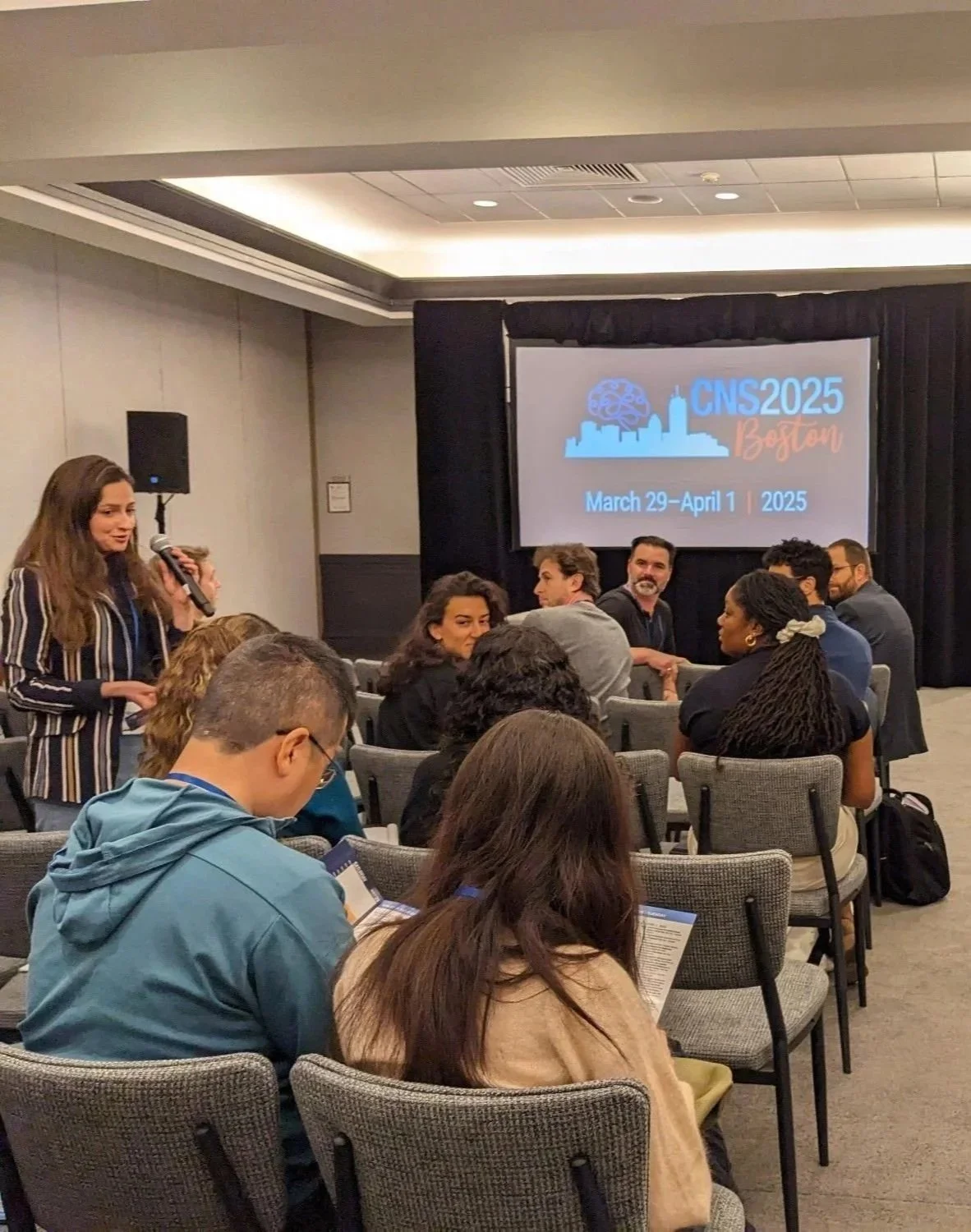Cognitive Neuroscience Research
“The brain is the most intricate mechanism in the universe, yet we still know very little about it.”
- Oliver Wolf Sacks
Using behavioral experiments and functional neuroimaging (fMRI), I study the processes that allow us to focus on what matters, let go of what no longer serves us, and redirect attention when our thoughts become stuck.
This work has practical implications: difficulties with removing or updating information in memory are linked to mental health challenges such as depression, anxiety, and rumination. By identifying the neural and cognitive mechanisms behind these operations, my research aims to deepen our understanding of attention, emotion, and flexibility in the human mind.
I am especially interested in mindfulness-inspired strategies for working memory — how practices like focused breathing or perspective-taking can reshape the way the brain handles competing thoughts. In my dissertation, I combine fMRI analyses, individual differences approaches, and representational similarity analysis (RSA) to ask how different memory operations unfold across brain networks and interact with emotion.
At its core, my work is guided by curiosity about the mind’s adaptability: how we balance holding on and letting go, and how these mechanisms shape both resilience and vulnerability.
Publications
This study followed children over two years to see how their brain activity relates to thinking skills like focus, planning, and self-control. Kids who showed stronger activity in the brain’s “control network” also performed better on executive function tasks, while relying more on motor regions was linked to weaker performance. The findings suggest that building strong thinking skills early may help the brain’s control systems develop in lasting ways.
The report describes a program that supports undergraduates from historically underrepresented groups in environmental data science. Students went through online training, real-world projects, and e-learning, boosting their confidence in coding, science communication, and overall career readiness. It finds that this approach helps strengthen identity, belonging, and persistence in STEM.
This report evaluates Year-1 of the ESIIL Innovation Summit, part of the Environmental Data Science Innovation & Inclusion Lab aimed at making environmental data science more accessible and inclusive. It shows how the Summit helped build connections, confidence, and skills among participants, especially around collaboration and data science tools. Over time, participants reported growing self-efficacy, networks, and alignment with the ESIIL mission toward more inclusive environmental science.
Cognitive Neuroscience Society Meeting, 2025
At the 2025 meeting of the Cognitive Neuroscience Society (CNS), I presented new findings from my research examining how we remove information from working memory. My talk highlighted univariate fMRI results showing that emotional valence influences removal operations, shaping the efficiency and neural dynamics of letting go of information. These results add to our understanding of how emotion and memory interact, with implications for both cognitive flexibility and mental health.
Mindfulness Mechanisms & Methods Meeting, 2023
At the 2023 meeting of the Mindfulness Mechanisms and Methods Meeting (M4), I presented new findings from my research which examined how mindfulness relates to control over thoughts in working memory. Using a memory task with emotional faces, we found that people with higher mindfulness — especially skills like “describing” and “nonreactivity” — were better at letting go of unwanted negative information. The findings suggest that mindfulness may help create distance from difficult thoughts, offering insight into its role in mental health.






